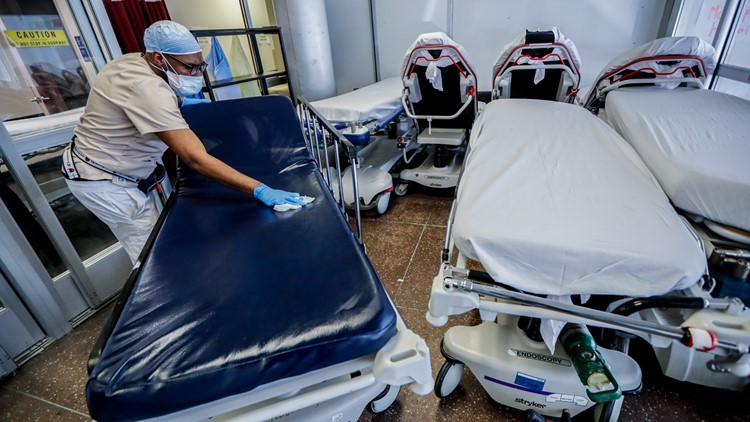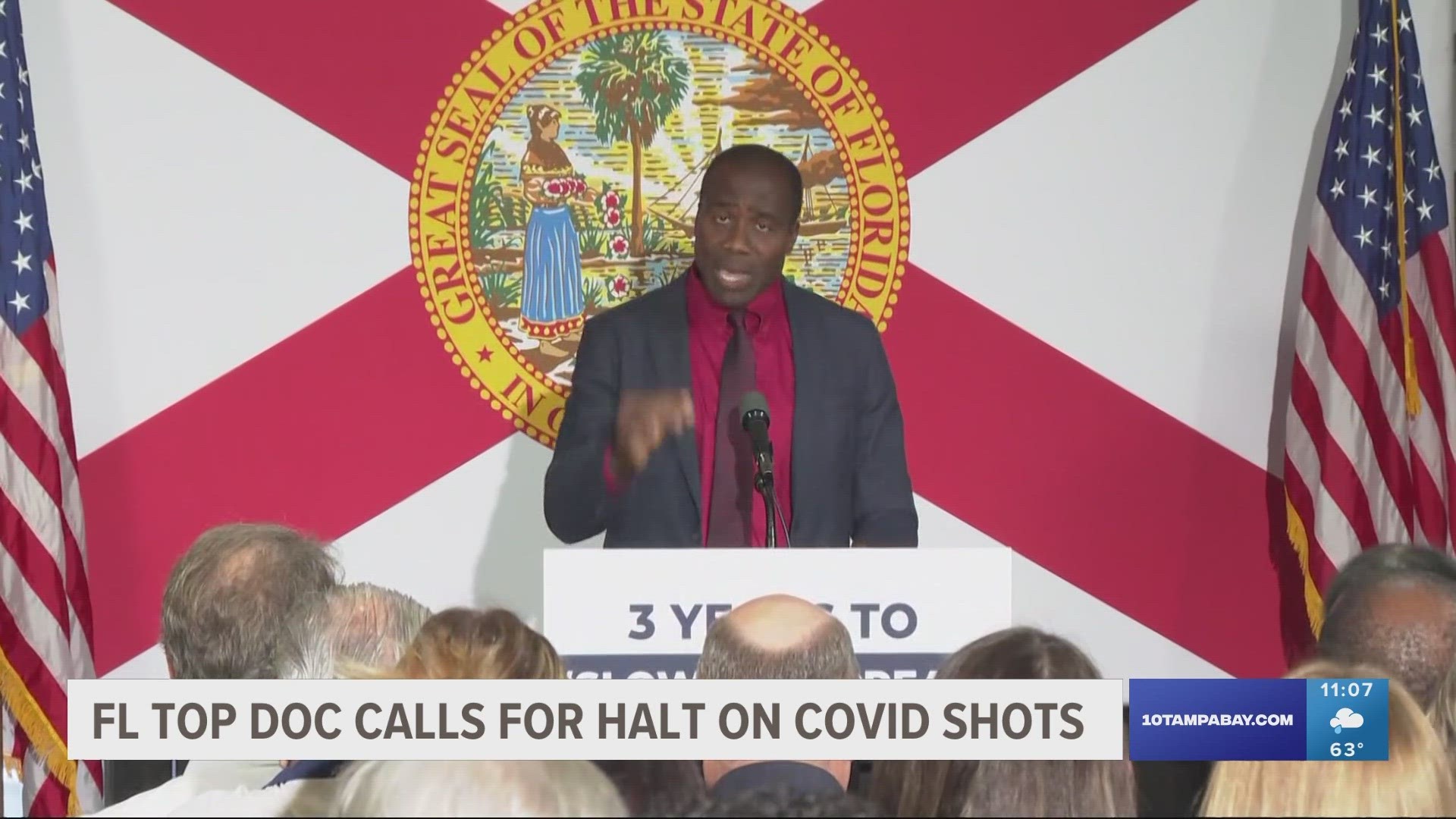NEW YORK CITY, N.Y. — Recent COVID-19 data by the city of New York shows just how many unvaccinated residents are being hospitalized for the virus compared to those who are considered fully vaccinated.
According to the data, in October, hospitalization rates for unvaccinated people were 10 times higher than vaccinated people. That remained the norm until late November when hospitalization rates for both groups went in drastically different directions.
For nearly a month, states across the country have been reporting new cases of COVID-19 at record rates due to the more transmissible omicron variant. However, public health experts say because of the variant's mild symptoms, it's hospitalization numbers that leaders should keep an eye on.
Right around the time when the omicron variant arrived in the U.S., the city's overall hospitalization rate began to see an uptick. However, the data shows that trend was being led by those that were unvaccinated.
On Dec. 19, New York City's average hospitalization rate was 15.78 for every 100,000 people, those that were vaccinated accounted for 3 per 100,000 people. Unvaccinated people had a hospitalization rate more than 32 times higher than that, accounting for 97.46 per 100,000 people.
The effectiveness of vaccines against the omicron variant is still being studied, but health experts with the Centers for Disease Control and Prevention say those who are fully vaccinated and receive a booster shot still have a better chance of avoiding severe illness or hospitalizations.
People 5 and older are eligible to receive the two-dose Pfizer COVID-19 vaccine, while a third booster dose is recommended for people 16 and older five months after receiving the second dose. Moderna and Johnson & Johnson vaccines are authorized for people 18 up. A third dose of the Moderna vaccine is recommended for people 18 and older six months after the second dose.
Visit the Florida Department of Health's website to find a vaccine location near you.



